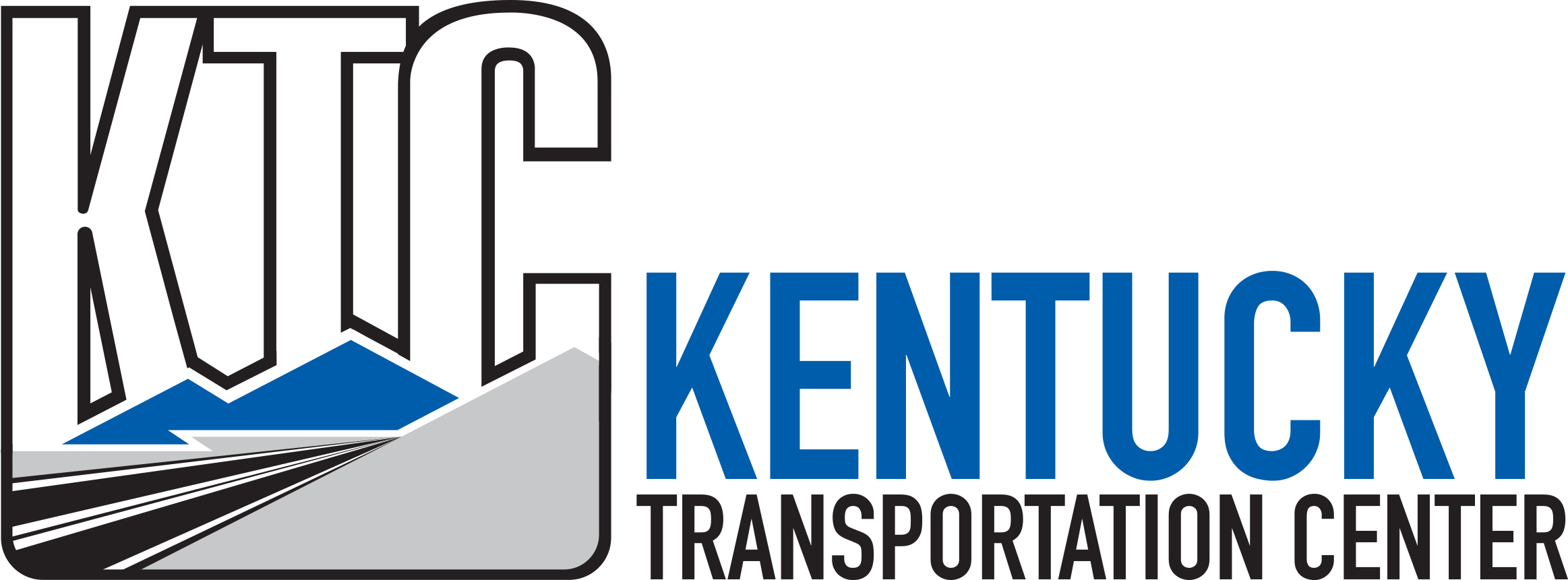Abstract
Motor fuel tax evasion is a problem of major significance nationwide. In Kentucky, evasion of motor fuel taxes could mean an annual loss of approximately $25 million. This study was initiated to provide Kentucky officials involved with fuel tax collection with the best available information on the problem of fuel tax evasion and the best uses of all resources to alleviate the problem.
This interim report concludes the first phase of the study and provides a qualitative look at motor fuel tax evasion in Kentucky. It discusses the fuel tax process in the Commonwealth, how evasion occurs, efforts to alleviate evasion, and preliminary findings and recommendations.
Findings include the tact that fuel tax evasion by dishonest dealers places honest dealers at a major competitive disadvantage, as well as contributing to the loss of funds tor highway construction end maintenance. Kentucky is combating evasion through a combination of state and cooperative regional and national efforts.
Future research will include examining three basic approaches to developing a quantitative estimate of the magnitude of fuel tax evasion in Kentucky end implementing the most promising of these approaches. Additional research could be conducted on experience gained by other states, average fuel burn rates tor various types of engines and furnaces, and a cost/benefit analysis tor Kentucky's Motor Fuel Tax Audit program to justify additional funds for that program.
Report Date
1-1994
Report Number
KTC-94-4
Digital Object Identifier
http://dx.doi.org/10.13023/KTC.RR.1994.04
Repository Citation
Irby, Marjorie S. and Crabtree, Joseph D., "Alleviation of Fuel Tax Evasion in Kentucky (Interim Report)" (1994). Kentucky Transportation Center Research Report. 417.
https://uknowledge.uky.edu/ktc_researchreports/417



Notes
The contents of this report reflect the views of the authors, who are responsible for the facts and accuracy of the data presented herein. The contents do not necessarily reflect the official views or policies of the University of Kentucky, the Kentucky Transportation Cabinet, or the Federal Highway Administration. This report does not constitute a standard, specification, or regulation.